AAU Hosts Public Debate on Argentina’s Economic Reforms

On March 27, 2025, Anglo-American University (AAU), in partnership with the Strategeo Institute, hosted a public debate examining the sweeping economic reforms currently underway in Argentina. Taking place in one of AAU’s central lecture halls, the event attracted students, faculty, politicians, economists, and members of the public.
The panel was moderated by Jan Macháček, president of the Strategeo Institute, and brought together subject matter experts:
- HE Claudio Rozenzweig – ambassador of Argentina to the Czech Republic
- Jiří Schwarz – economist, president of Anglo-American University
- Dušan Tříska – economist, architect of Czech coupon privatization
- Pavel Kohout – economist and advisor, former NERV member
- Jan Mládek – economist and politician, former minister of industry and trade and agriculture
Argentina at a Turning Point
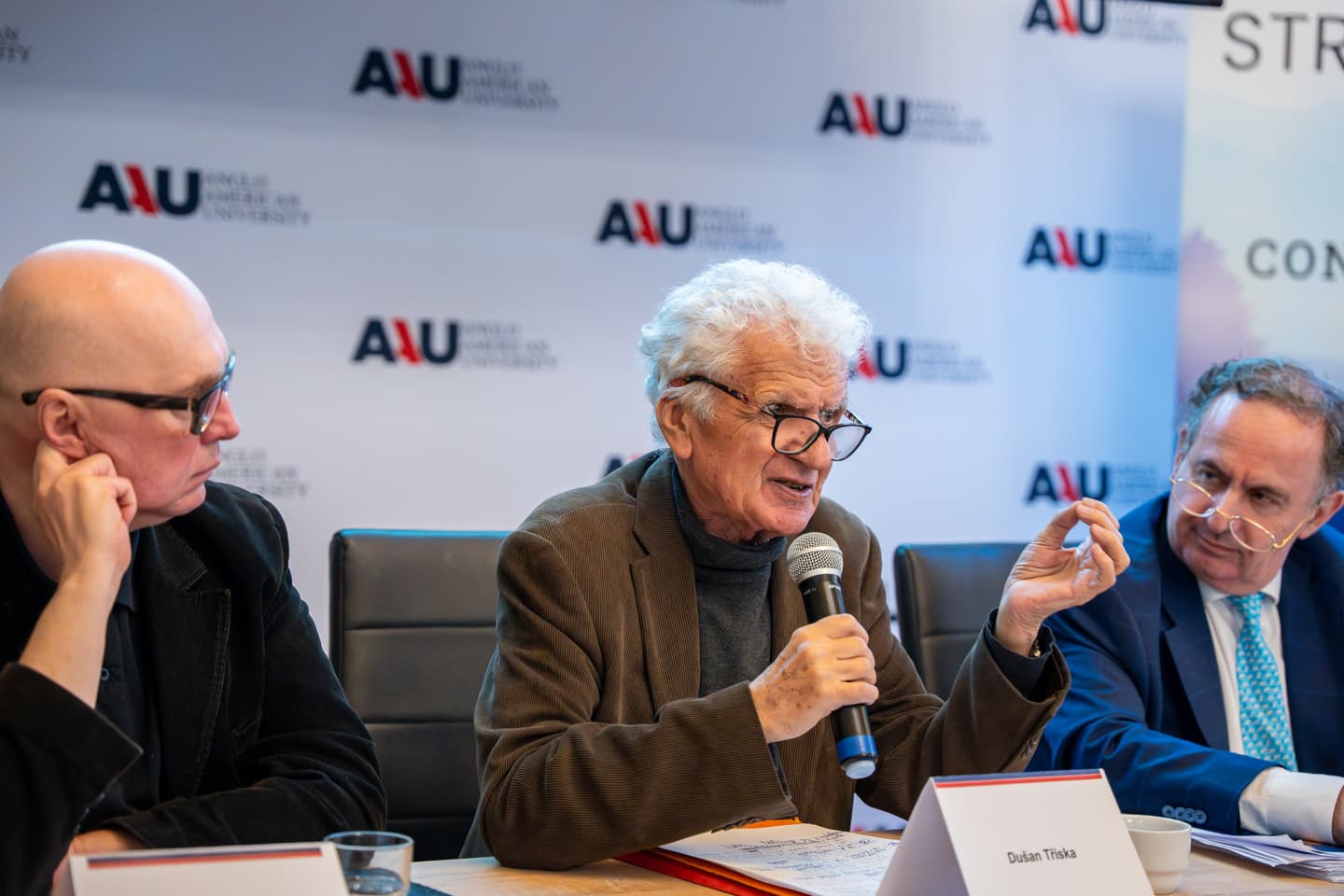
The discussion focused on the wide-reaching reforms implemented since the inauguration of President Javier Milei in December 2023. The Argentina economy, long affected by chronic inflation, fiscal deficits, and institutional volatility, is now undergoing a rapid transformation aimed at restoring macroeconomic stability and promoting growth.
Panelists examined the core components of the Argentina economic reform program: the elimination of monetary emission by the central bank, sweeping reductions in government spending, the pursuit of fiscal surplus, and an emphasis on attracting private and foreign investment. Attention was given to newly passed legislation designed to restructure the Argentina government’s role in the economy, despite its minority position in both chambers of congress.
From Stabilization to Structural Change
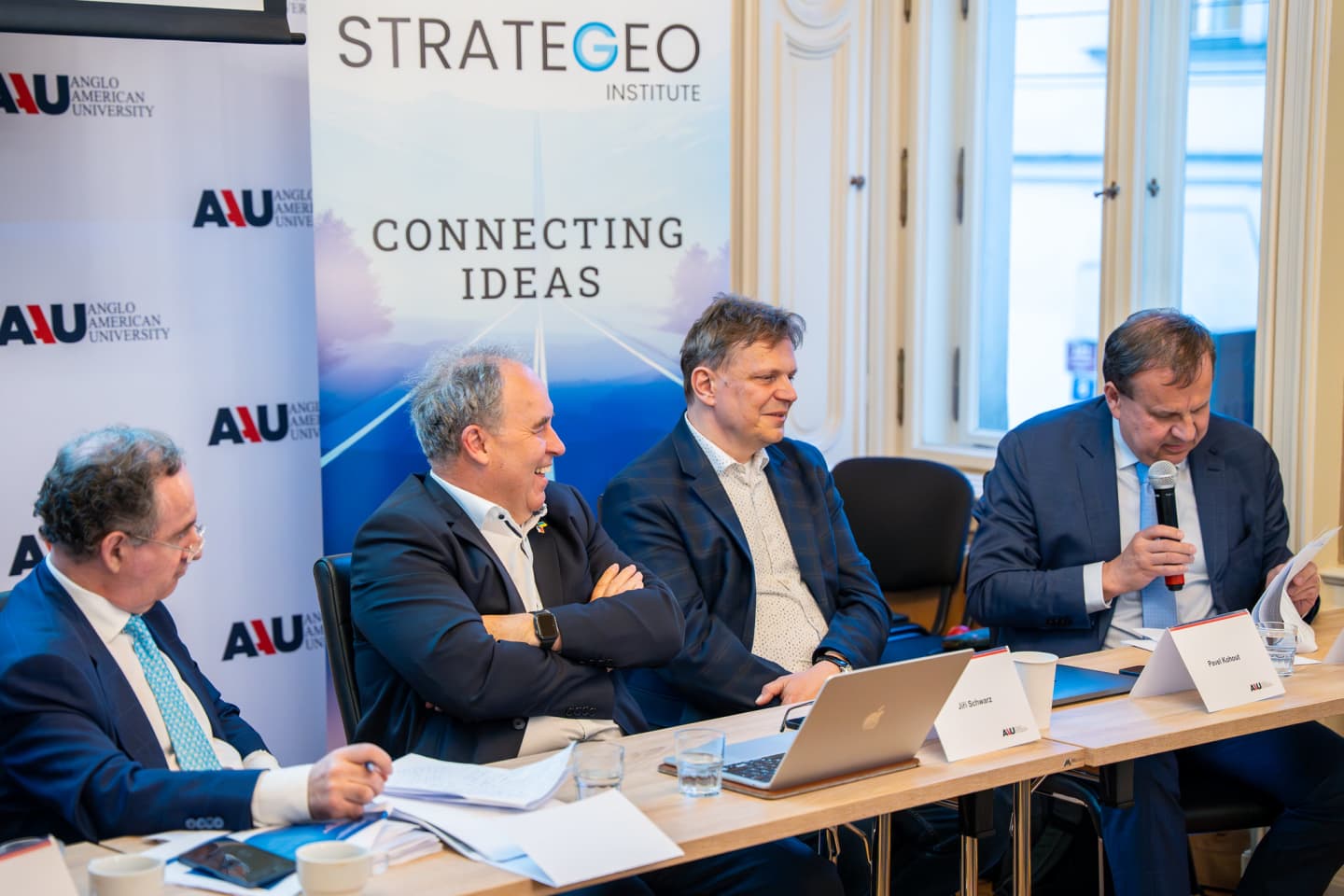
Beyond immediate stabilization efforts, the debate addressed the broader scope of institutional reform. Panelists discussed the reduction in the number of ministries, regulatory rollbacks across multiple sectors, and the government’s stated aim of issuing deregulations on a daily basis. Reforms were said to have impacted housing markets, public procurement, medicine distribution, aviation, and internet services, including measures such as the legalization of satellite internet and the lifting of state-imposed purchasing restrictions.
The panel also examined changes in monetary aggregates, the alignment between official and market exchange rates, the shift to positive real interest rates, and the country’s return to a primary fiscal surplus. While speakers acknowledged that significant progress had been made in controlling Argentina inflation, reported to have fallen from over 25% monthly to around 2.4%, questions were raised about whether further disinflation would continue and how it might affect the pace of reform.
Comparative Reflections and Lessons from Central Europe
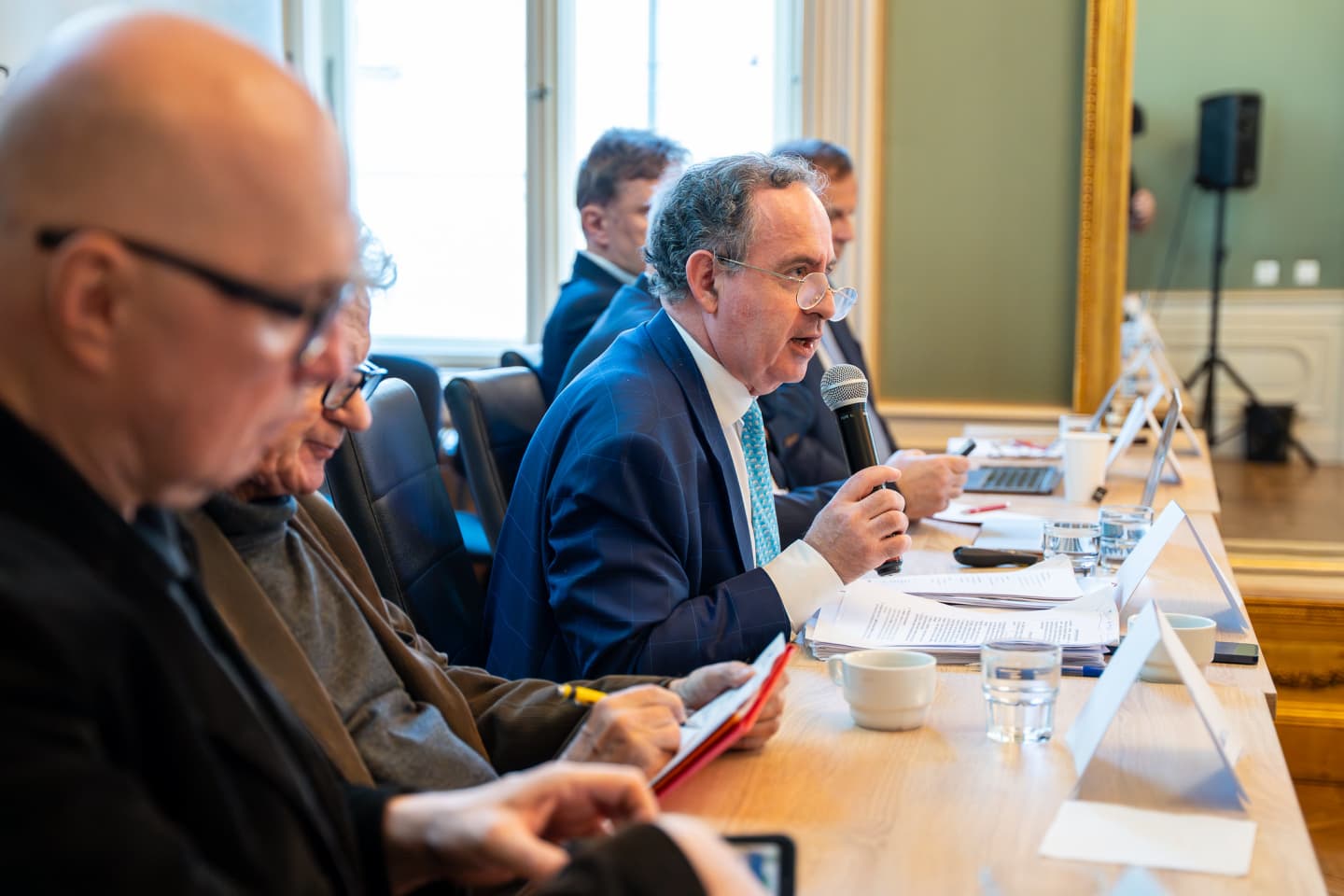
The panel drew comparisons between Argentina’s reforms and the economic transitions experienced in Central and Eastern Europe after 1989. While participants agreed that institutional and cultural contexts differ significantly, some argued that Argentina’s trajectory echoes past efforts to liberalize formerly state-dominated economies. Speakers noted that earlier Latin American stabilization attempts had failed to take root, making the current Argentine case unusually consequential.
There was also discussion of how informal institutions, cultural norms, and political history shape reform outcomes. Some panelists cautioned that even successful policies may face long-term resistance if they do not account for deeply ingrained societal expectations.
Global Implications and Political Dimensions
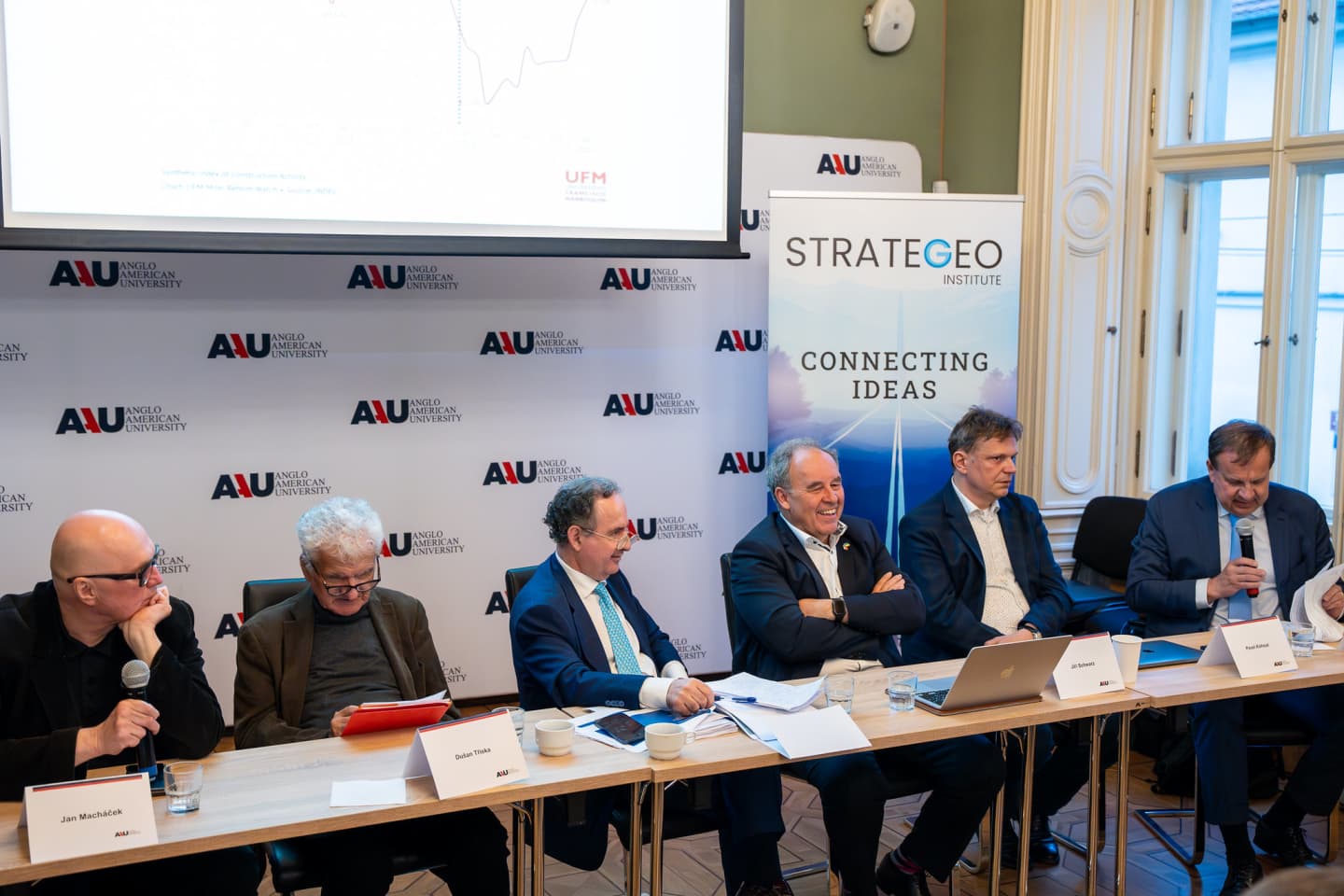
Discussion turned to Argentina’s role on the international stage. Several panelists noted that Milei’s presidency had attracted considerable global attention among supporters of classical liberalism and libertarian thought, with some describing him as one of the most prominent political figures within the movement in decades. The debate acknowledged that, in contrast to recent stagnation among economically liberal political forces, Argentina now represents a rare and high-profile attempt to apply those principles in practice.
Panelists also considered the government’s relationship with international institutions such as the IMF and World Bank. While cautioning against long-term dependency on such lenders, it was noted that Argentina’s early post-election agreement with the IMF served to re-establish credibility and signal a policy shift to international markets. The broader implications of foreign debt, sovereignty, and policy conditionality were also explored.
The Role of Institutions and Public Support
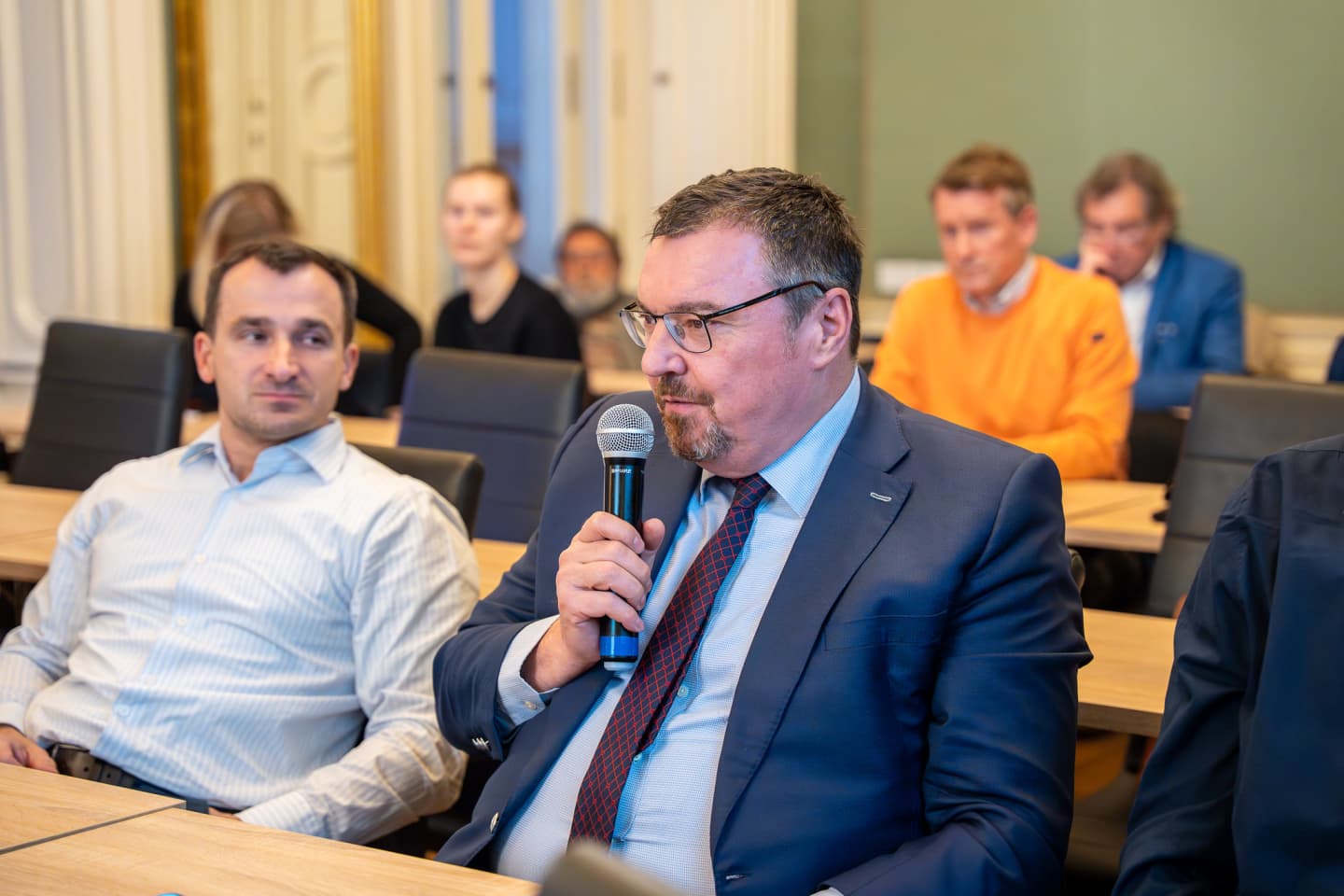
Throughout the evening, the durability of reforms remained a central theme. While the administration does not hold a parliamentary majority, panelists observed that key legislation had passed with significant support, seen as evidence of both political skill and widespread public backing. Several references were made to polling data indicating that lower-income groups are among the most supportive of the government’s direction.
Audience questions addressed whether institutional checks and balances would endure, whether deregulation would generate lasting gains, and what could be done to sustain economic transformation without triggering social unrest. The question of long-term institutional development was raised, with reference to Argentina’s past periods of centralization, volatility, and corruption.
Looking Ahead
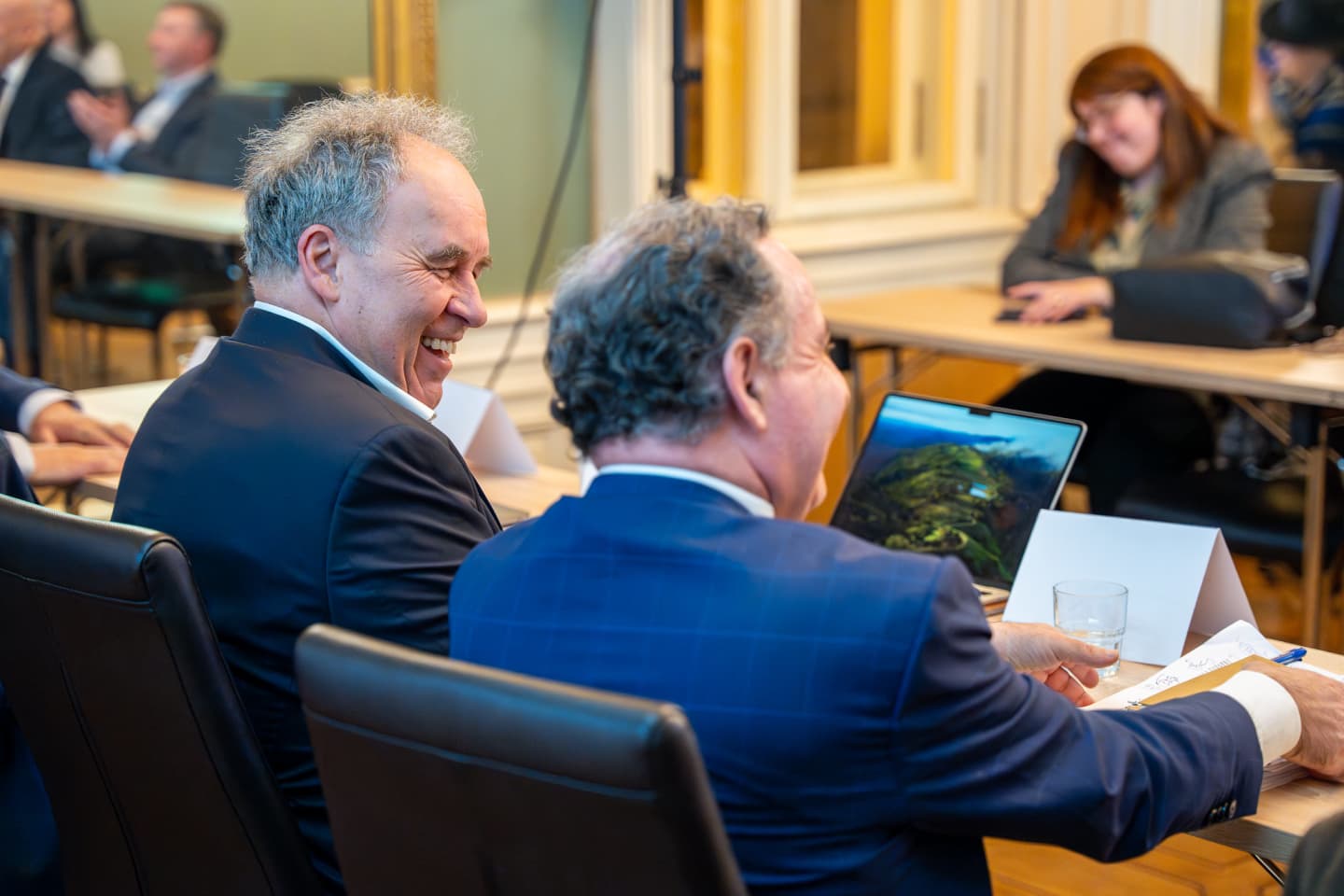
As Argentina moves through a period of sweeping economic change, the international community continues to watch closely. The debate made clear that the country’s success or failure could have lasting implications not only for Latin America, but for broader global conversations around state reform, market liberalization, and the political viability of economic transformation. While views differed, speakers agreed on the unprecedented scope of the current reform agenda and the importance of understanding its evolution.
Next in the Series
AAU and the Strategeo Institute will continue their collaboration with an upcoming high-level discussion on the future of transatlantic relations. This event will explore the evolving dynamic between Europe and the United States, addressing topics such as NATO’s eastern flank, security guarantees for Ukraine, trade tensions and protectionism, and whether shared values still form the foundation of transatlantic cooperation, or whether the relationship is increasingly defined by strategic interests alone.
Further details can be found here.
For more photos from the Argentina event, go here.
Past Articles on AAU-Strategeo collaborations:
Founded by former dissident Jan Macháček with the aim of advancing the values of classical European liberalism, the Strategeo Institute focuses on the areas of geopolitics, diplomacy, security, economics, energy, and international trade, among others. By fostering dialogue among leaders from political, economic, and media sectors, Strategeo aspires to address Europe’s most pressing issues and provide actionable solutions.
Anglo-American University (AAU) is an institution of higher learning based in Prague, Czechia. Inspired by the liberal arts traditions of British and American academia, it was established in 1990 and today offers a range of undergraduate and graduate programs across three schools of study. Accredited by both US and Czech accrediting bodies, AAU is diverse, with students from over 80 countries and a culture that prizes critical thinking, effective communication, and personal transformation.